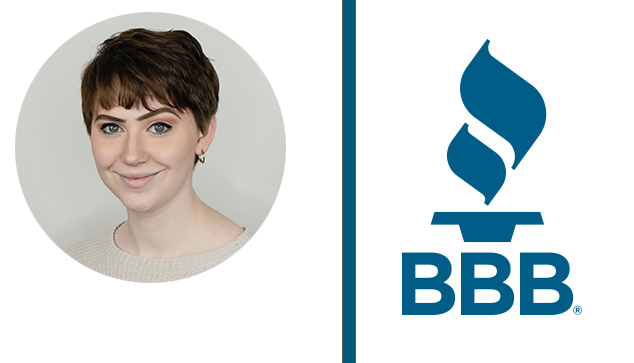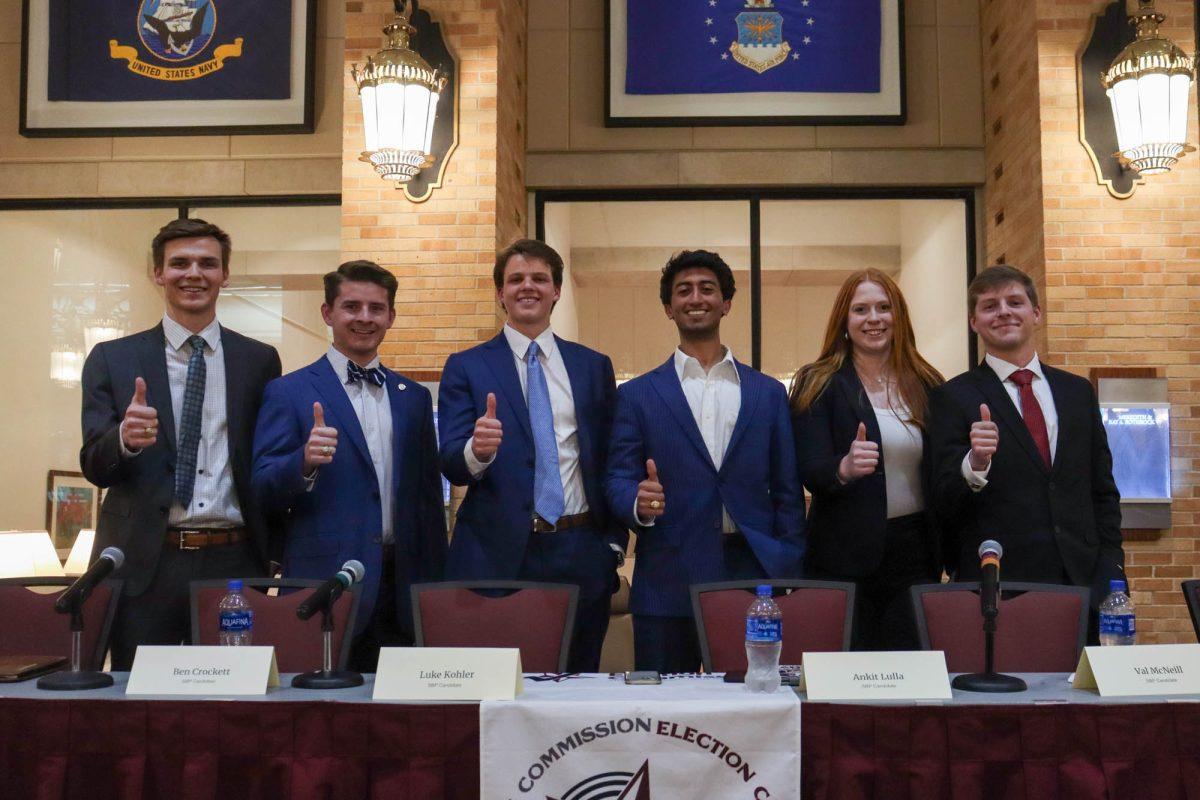Emily Gaines, Class of 2018, is a Public Relations Coordinator for the Better Business Bureau serving the Heart of Texas.
Approximately 10% of adults in the United States become fraud victims every year. In fact, the Federal Trade Commission (FTC) received more than 372,000 complaints of fraud last year. With this issue becoming so common, the natural question is, “What separates victims from non-victims?” There’s no secret formula that can make you immune to scams; anyone can find themselves a victim if they aren’t careful and informed.
Better Business Bureau helped survey more than 1,000 American and Canadian consumers who had been previously targeted by scammers. A study highlighting their answers and giving more insight into what leads a consumer to becoming a scam victim was released early this October. The study revealed that nearly a quarter of those surveyed engaged with the scammer targeting them, and of those who engaged, the average amount of money lost was $600.
These key findings of the study not only shine light on the ways you could be more vulnerable, but the steps you can take to better protect yourself as well:
-
Social media. Consumers were far more likely to engage with scammers if they were reached via social media, rather than phone or email. It showed that 91% of the consumers reached through social media engaged, and 53% ended up losing money. This is especially important for younger people who tend to have a stronger social media presence.
-
Social isolation. People who didn’t have people in their lives to discuss fraudulent offers with were far more likely to become victims. They also reported much higher feelings of loneliness. If you think someone is making you a suspicious offer, talk to your friends, parents or someone else you trust about it.
-
Financial literacy. Victimization was more likely to occur to someone who was under financial strain, young adults or someone with low financial literacy. Take classes, read books or find free resources online about ways you can make smarter financial decisions both now and in the future.
-
Last line of defense. The study found that51% of people reported a third party (such as a cashier, bank teller or employees of wire transfer services) intervening helped them avoid losing money.
-
Scam knowledge. Almost half of people surveyed said the news was their biggest source of information about scams, and word of mouth was second most common. People with more knowledge and understanding of scams are more likely to avoid them. Reading articles about scams on news sites or listening to your friends’ stories about their experiences with untrustworthy businesses can help you better recognize the signs for yourself.
To learn more and educate yourself on the latest scams, visit us at bbb.org, or go to bbb.org/ExposedtoScams to read the full report.
























